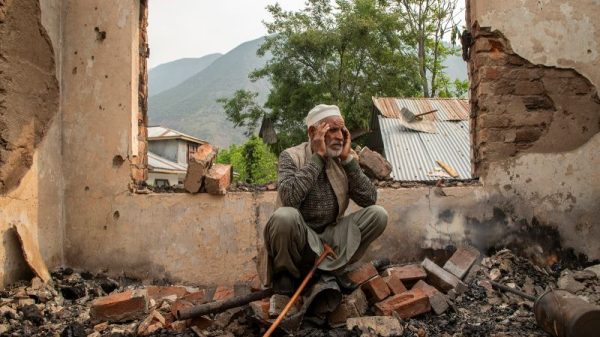Argentina’s labor unions began a nationwide general strike on Wednesday against austerity measures and reforms by the country’s libertarian President Javier Milei.
Thousands of people marched toward Congress in the capital of Buenos Aires on Wednesday amid the strike, which began at 10 a.m. ET and is set to last 12 hours.
Since taking office, Milei has announced a raft of public spending cuts and asked lawmakers to sign off on a sweeping program of deregulation that scraps protections for businesses and consumers and makes it easier to privatize public companies.
The General Confederation of Labor (CGT) and a group of social movements called the strike in opposition to a decree signed by Milei to deregulate the economy and an omnibus bill he has sent to lawmakers. Part of the decree has been temporarily suspended by an appeals court after a challenge by the CGT.
The strike has led to transport disruptions with flag carrier Aerolíneas Argentinas saying that it canceled all its operations on Wednesday. A total of “295 flights were canceled” and more than 20,000 passengers have been affected, it said, adding that “the total cost for the company of this measure will exceed $2.5 million.”
The Ministry of Security said the country’s “protocol for maintaining public order in the event of road closures,” also known as the anti-picketing or anti-blockade protocol, would remain in force during the protests.
Asked whether it was OK for protesters to block streets, he said: “Yes, it is a conflict of rights, and society will have to resolve it. I think it’s fine.”
Milei, a political outsider and self-declared “anarcho-capitalist,” won Argentina’s presidential election in November, following an unconventional campaign full of big promises to overhaul the country’s beleaguered economy. He famously brandished a chainsaw at several of his rallies as an illustration of his plans to slash public spending.
Milei has made stamping out hyperinflation his top priority. Year-on-year inflation in Argentina topped 211% in December, the highest level in more than three decades.







































